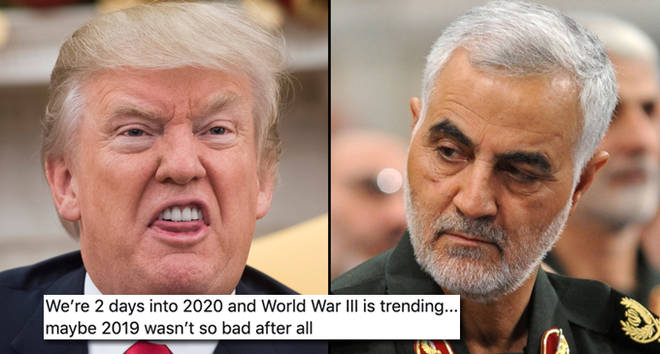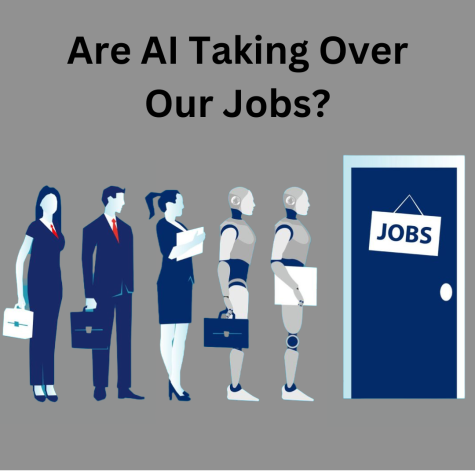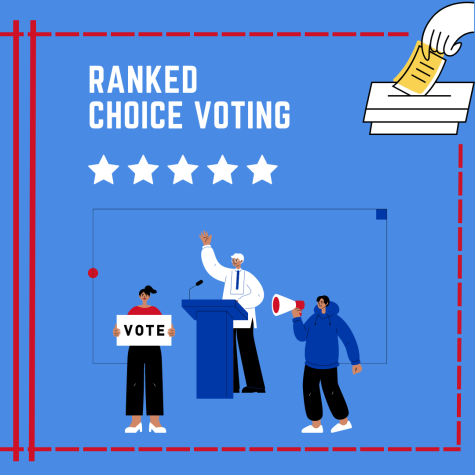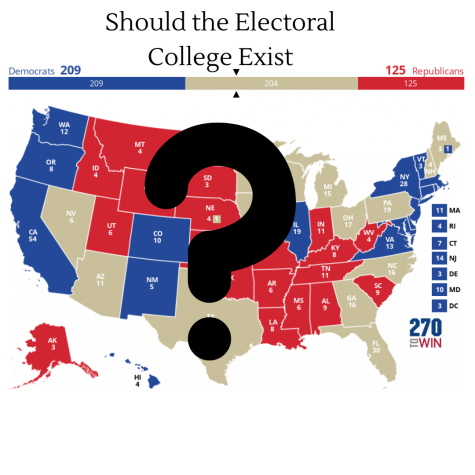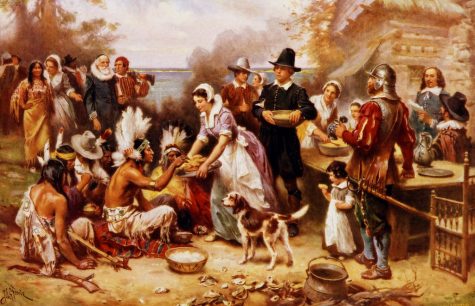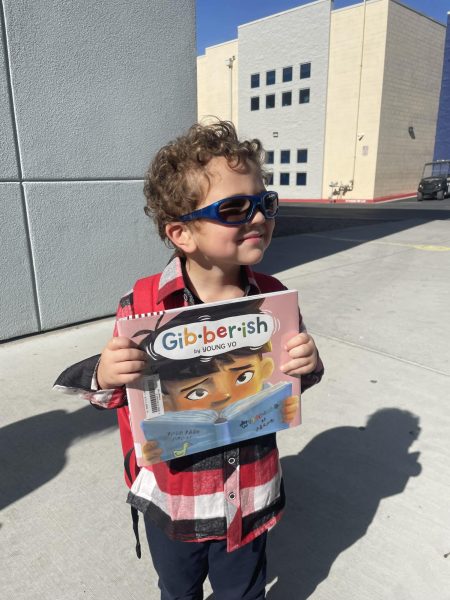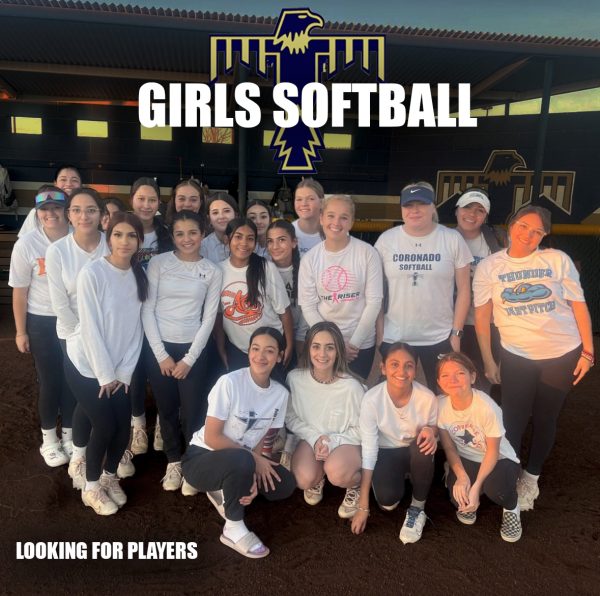World War III: Memes and Politics
Memes and videos have gone viral making jokes about the conflict with Iran.
On Jan. 3, 2020, President Donald Trump ordered an airstrike that killed General Qasem Soleimani, who was in charge of Iran’s military in the Middle East. Soleimani was considered the second most powerful man in Iran, only behind Supreme Leader Ayatollah Ali Khamenei. Citizens are growing concerned about how Iran will respond. Ayatollah Ali Khamenei has said, “severe revenge awaits the criminals” behind the attack.
The attack came only months after Trump had accused Iran of being behind attacks on two oil tankers in a key shipping route in the Gulf of Oman, which the US called “hostile behavior.” Iran denied any involvement in the attacks on oil tankers and said it would no longer stick to international agreements made about its nuclear ambitions.
Questions and concerns over this attack were channeled into satirical videos and tweets.
Since the reporting of the airstrike and increasing military tensions between the United States and Iran, memes about an impending third World War went viral. The hashtag World War III was trending on social media platforms like Twitter and TikTok.
In this day and age, the primary way people communicate and express themselves is through the internet, and it’s nearly impossible to scroll through a Twitter feed and not see something political. Whether it’s a comedic response to a politician’s tweet or a post calling for awareness on an issue, political statements have increasingly been reaching people in an unlikely form: memes.
Memes are becoming widely popular propaganda tools that help increase the participation rate of younger generations in politics, which is not necessarily a bad thing, but social media users need to understand the ramifications of doing so.
Memes can distill complex news stories into easily digestible posts, making politics inclusive of those who aren’t inclined to educate themselves. But they can also turn important matters into jokes or cloud credible information with sensationalized nonsense. Getting credible information from reliable sources remains important, but viewing current events through a comedic lens is the modern citizen’s way of making sense of them.

Layla Boyer is a senior and has been in newspaper for four years. Her favorite part of newspaper is being able to interact and get to know so many different...

